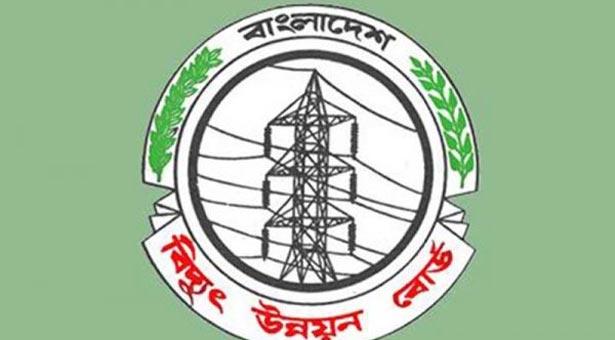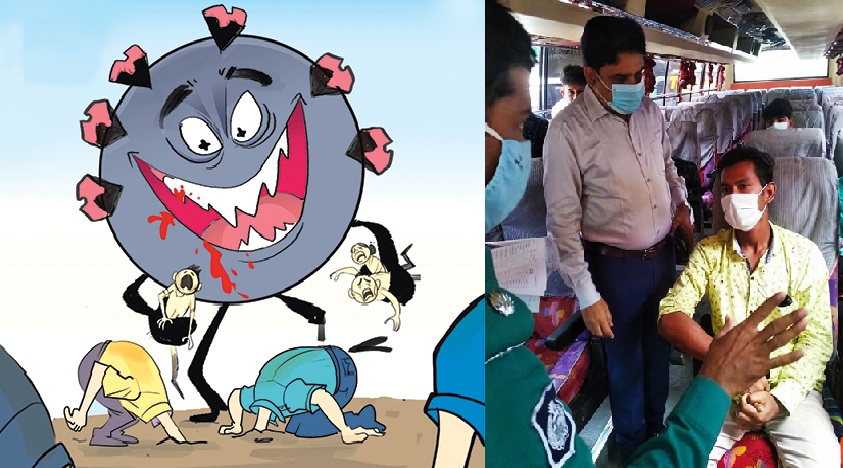A total of 29,369 workers, mostly from the readymade garment sector, have lost their jobs since Eid-ul-Fitr in late May as factory owners adopted cost-cutting measures on the pretext of lack of work orders due to the COVID-19 pandemic.
According to the Industrial Police data, 29,369 workers have lost their jobs from 165 industrial units under its jurisdiction of six industrial zones till July 9.
Labour leaders claimed that the exact number of laid-off workers would be three times higher than the official figure as there were many factories out of the jurisdiction of the industrial police and many of the owners had been forced to leave jobs on their own.
Economists said that the retrenchment of workers amid the COVID-19 spread created tremendous pressure on the lives and livelihoods of a large portion of the population.
They said that the deprivation of jobless workers might affect the economy and society negatively.
The data showed that out of the total 29,369 retrenched workers, 21,557 were from the factories listed with three garment and textile trade bodies.
Of the total terminated workers, 18,916 are from 104 factories of Bangladesh Garment Manufacturers and Exporters Association, 2,377 from 20 factories listed with Bangladesh Knitwear Manufacturers and Exporters Association and 264 from five mills under Bangladesh Textile Mills Association.
The data showed that 5,719 workers were terminated from 18 factories under Bangladesh Export Processing Zones Authority and 2,093 workers from 18 non-RMG units.
Bangladesh Institute of Development Studies senior research fellow Nazneen Ahmed told New Age that the retrenchment of workers in RMG and other sectors affected the life and livelihood of a large portion of population in the country badly.
She said that the job cut amid the spread of the new virus pushed the lives of the workers on the edge of uncertainty as they are not getting any scope for alternative professions.
Nazneen said that the lives of the jobless workers became challenging as many of them suffered from shortage of food.
Besides food, education and treatment of the family members of the jobless workers also posed a challenge in this time of COVID-19, she said.
‘If the retrenched workers do not get alternative jobs their deprivation will be increased and may lead to social instability,’ South Asian Network on Economic Modelling executive director Selim Raihan said.
He urged the government to bring the jobless workers under social protection and to develop a mechanism with the support of private sector players to ensure the survival of the workers during the crisis.
Selim also urged the factory owners to find out other options to cut costs without firing workers.
Towhidur Rahman, former general secretary of IndustriAll Bangladesh Council claimed that the actual number of retrenched workers would be more than one lakh. ‘It is inhuman that workers have been forced to leave their jobs without any lawful benefits amid the COVID-19 scourge,’ he said.
Towhidur Rahman demanded reinstatement of the workers who were fired illegally and lawful benefits for those who were retrenched for the lack of work orders.
Mohammad Hatem, first vice president of Bangladesh Knitwear Manufacturers and Exporters Association, said some of the workers were being retrenched as per labour law as factories had been suffering from lack of orders due to the pandemic.
‘It is a normal practice that owners would lay off additional workers. As far as I know things are happening as per the labour law,’ he said.















